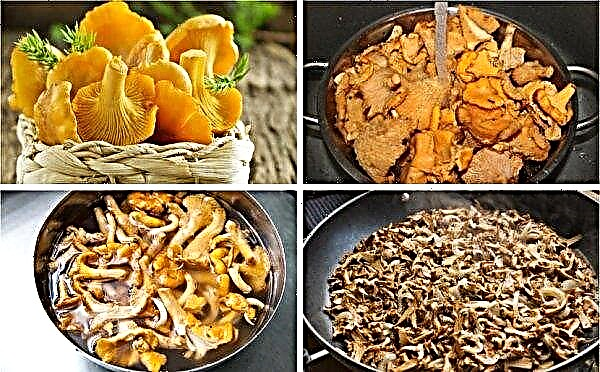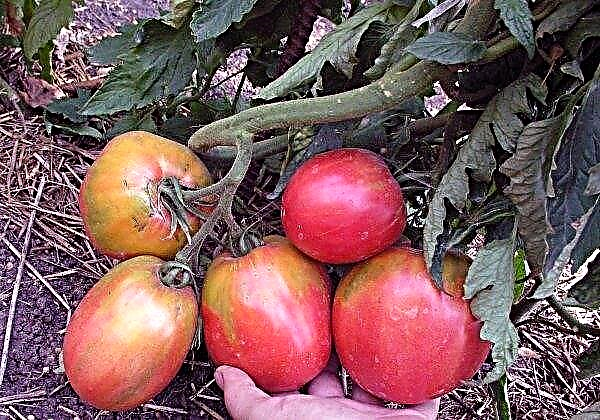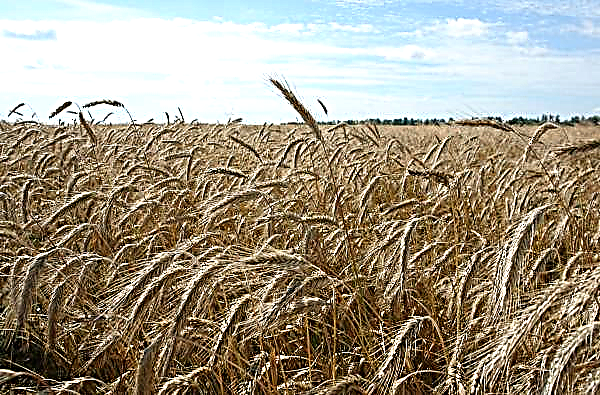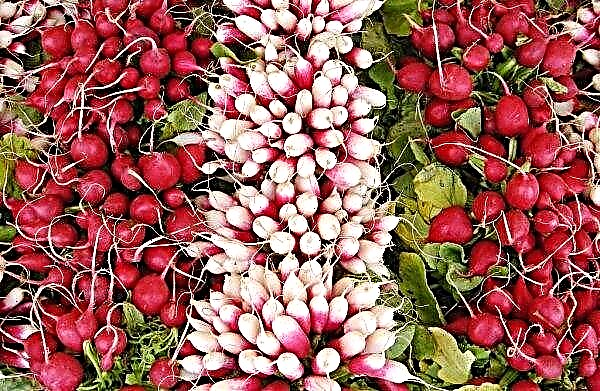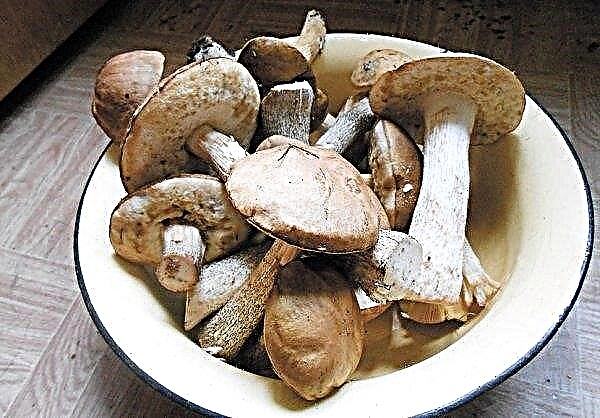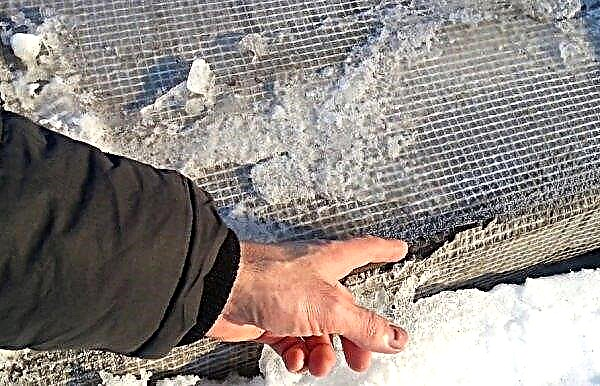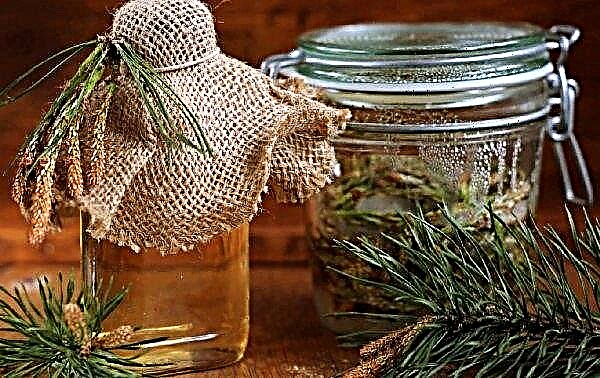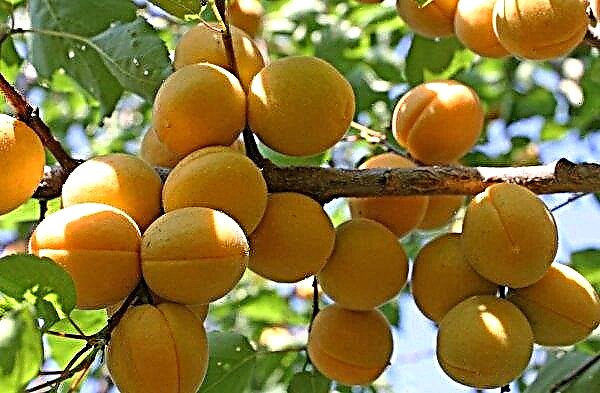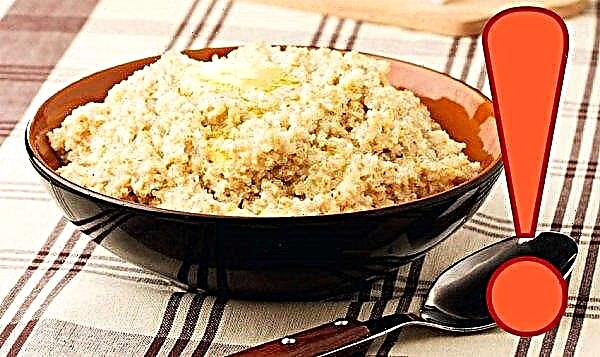Despite its “usualness," tansy has extremely useful healing properties, although it has a number of contraindications. The chemical composition of this plant is striking in its diversity - flavonoids, alkaloids, essential oils, organic acids, tannins, sugar, carotene and even B vitamins.
In folk medicine, the healing and cosmetic properties of tansy are very appreciated. And it is also noteworthy that many interesting legends and traditions have developed around the plant. Tansy is also a member of many interesting rituals and traditions. For example, in old England there was one interesting custom for Easter. When archbishops and bishops staged sporting events, the tansy cake was the winner’s reward. Such tansy cakes were made from young leaves of a plant mixed with eggs, and were used to cleanse the body after fasting.
 The most important and most important contraindication for the use of this product is pregnancy.
The most important and most important contraindication for the use of this product is pregnancy.
Recognized Benefits
You can talk endlessly about the benefits of tansy, because by taking its flowers as a tincture, we can improve our appetite. Also, after taking funds from tansy, the entire digestive system begins to function better. In addition, this culture as a result of certain processing provides a wide range of beneficial effects on the body:
- • anthelmintic;
- • astringent;
- • bactericidal;
- • diuretic;
- • choleretic;
- • wound healing.
Important! Miraculous tansy products (tincture, dried flowers, etc.) can be prepared both at home and purchased in pharmacies without a prescription. However, remember that tansy can be used to treat certain ailments only with the permission of your attending qualified doctor. Keep in mind that self-medication can cause irreparable harm to your health!
 In cooking, spicy-aromatic raw materials are prepared from tansy leaves and flowers, which are often used in the meat processing and distillery industries.
In cooking, spicy-aromatic raw materials are prepared from tansy leaves and flowers, which are often used in the meat processing and distillery industries.
Yellow "doctor"
Herbalists often include tansy in their treatment fees, because with its anti-inflammatory component, you can quickly recover from flu, fever, and even pulmonary tuberculosis.
Also, given that these wildflowers are able to enhance heart function and increase blood pressure, they are used for hysteria, epilepsy, headache, convulsions and fatigue.
Therapeutic infusions of tansy are widely used not only for internal use. Very often they are used to treat purulent eczema and open traumatic injuries, and even for douching in case of gynecological problems. It is interesting that dandruff can be cured of tansy flowers by rinsing it periodically with their head. On the advice of herbalists, for this purpose, the broth can also be rubbed into the scalp half an hour before washing.
 From tansy, you can prepare a decoction, which processes the places of accumulation of parasites and insects in the apartment.
From tansy, you can prepare a decoction, which processes the places of accumulation of parasites and insects in the apartment.
Assistant at home
It turns out that the intense specific aroma of a medicinal plant does not tolerate bed bugs, fleas, cockroaches, and most importantly, annoying flies. Therefore, in order to get rid of uninvited guests, the housewives lay tansy in the cracks and corners of their home, without forgetting to leave them under the mattress.
You can also prepare a decoction, which treats the places of accumulation of parasites and insects in the apartment. The recipe for the decoction is quite simple: 20 g of dried yellow flowers are poured into a glass of boiling water.
Fragrant Additive
In cooking, spicy-aromatic raw materials are prepared from tansy leaves and flowers, which are often used in the meat processing and distillery industries.
Also, in fairly small doses, tansy is added when pickling certain products, pickling vegetables and cooking kvass.
Instead of ginger, tansy can be added to pastries.
Overdose and poisoning
Like any medicine, tansy is not at all harmless. Her overdose can cause severe poisoning with sad consequences. At risk are women and children.
You need to understand that tansy includes not only vitamins and nutrients, but also a very toxic component - thujone, which has a toxic and even fatal effect. Not for nothing, thujone belongs to the category of nerve poisons.
A weak overdose of thujone causes a strong excitation of the autonomic nervous system, which leads to hallucinations, severe convulsions and loss of consciousness.
The plant can be poisoned by adults who have prepared a decoction with too high a concentration of the substance, as well as children who, through negligence, swallowed a medicinal or household preparation. He is at risk of getting an overdose of thujone and livestock, having plentifully fed on odorous tansy.
 Very often tansy infusion is used to treat purulent eczema and open traumatic injuries, and even for douching with gynecological problems.
Very often tansy infusion is used to treat purulent eczema and open traumatic injuries, and even for douching with gynecological problems.
Tansy contraindications
For some groups of people, taking tansy is strictly contraindicated. The restrictions apply if:
- • a woman carries a child (threatened miscarriage)
- • age of the child - less than 15 years;
- • for diseases of the nervous system that cause atrophic and degenerative changes;
- • diseases of the cardiovascular system (arrhythmia, ischemia, hypertension)
- • retinal disease;
- • allergic reactions;
- • with bulimia and obesity (drugs strongly provoke appetite);
- • with increased individual sensitivity.
The most important and most important contraindication for the use of this product is pregnancy. And, unfortunately, even today, women use it for spontaneous miscarriage, without thinking about the fact that this can lead to very serious consequences for themselves.
Be healthy, do not self-medicate and approach responsibly to healing yourself and your loved ones!

